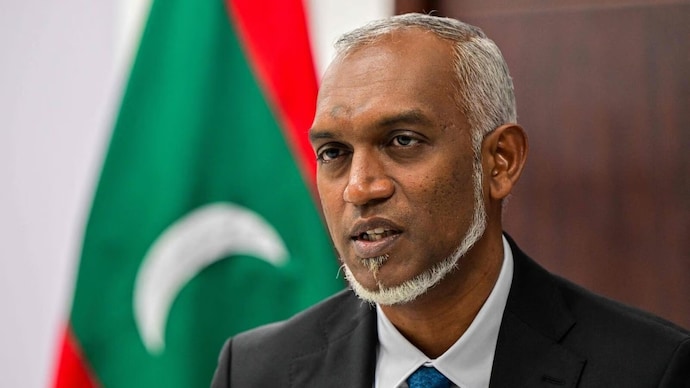Examine the repercussions for geopolitics, diplomacy, and capacity gaps as well as the consequences of the Maldives’ admission that they lack pilots for Indian aircraft.
Concerns over the country’s defense capability have been raised by the Maldives Defense Minister’s recent admission that their military pilots are unable to fly aircraft that India has supplied. The departure of the Indian defense officials who had been flying these aircraft, which indicated a serious capacity deficit in the Maldivian military, coincides with this acknowledgement.
The Task Ahead
The open statement made by Maldives Defense Minister Ghassan Maumoon at a media event in Male brings to light an urgent problem: there aren’t enough certified pilots to operate the aircraft that India provides. This shortcoming calls into question the effectiveness of training initiatives as well as the general preparation and readiness of the Maldivian armed forces.
Maumoon’s remark highlights the shortcomings of earlier training programs, since Maldivian troops were unable to finish the course for unclear reasons. This suggests that there are structural issues with the military training system that need immediate attention and correction.
Implications for Diplomacy
The issue is made more complicated by the agreement between the two countries about the withdrawal of Indian military troops. The demand made by President Mohamed Muizzu for the evacuation of Indian soldiers soon after taking office in November 2023 is indicative of a change in the geopolitical environment of the area. Muizzu’s government has taken a pro-China posture and pushed stronger connections with Beijing, leaving India out of many important projects.
Implications for Geopolitics
The events in the Maldives have hindered India’s attempts to oppose China’s influence in the Indian Ocean Region (IOR). In addition to undermining India’s strategic influence, the substitution of civilians for Indian military personnel highlights the difficulties India confronts in retaining its sway over its neighbors.
A more extensive geopolitical realignment in the area is indicated by the Maldives’ agreement to provide military aid to China and by allowing a Chinese research vessel to dock at their port. Although India and the Maldives had prosperous ties under earlier administrations, Muizzu’s “India Out” agenda indicates a rising mistrust of Indian influence and presence.
The Direction of Travel
A diverse strategy is needed to reduce the Maldivian military’s capabilities gap.
- Education and Training: It is essential to invest in extensive training programs designed to meet the unique requirements of the armed services. Working together on joint ventures may improve knowledge and skills in using cutting edge military hardware.
- Tactical Collaborations: To lessen the impact of competing countries, diplomatic relations must be strengthened with regional and international allies. The Maldives should prioritize maintaining national interests while balancing ties with China and India.
- The Modern Era: Improving military technology and infrastructure is essential to improving defensive capabilities. The Maldivian military’s ability to protect national security and sovereignty may be strengthened by wise investments in aircraft, surveillance equipment, and marine assets.
Final Thoughts
The information that the Maldives cannot fly Indian-provided aircraft highlights more significant issues that the country’s military system is experiencing. It will need coordinated efforts in modernization, diplomacy, and training to meet these difficulties. Maintaining strategic alliances and strengthening military capabilities are critical to the security and sovereignty of the Maldives as geopolitical forces in the Indian Ocean Region change.



